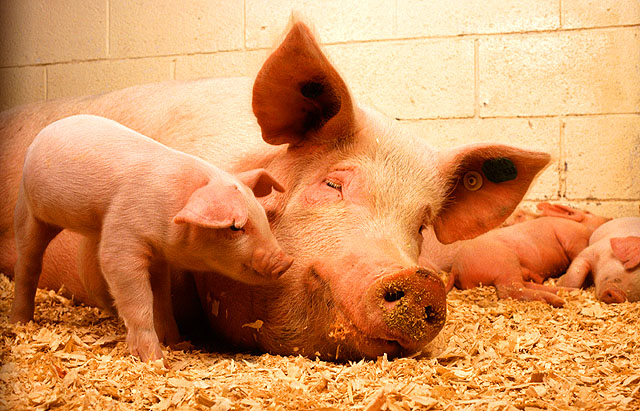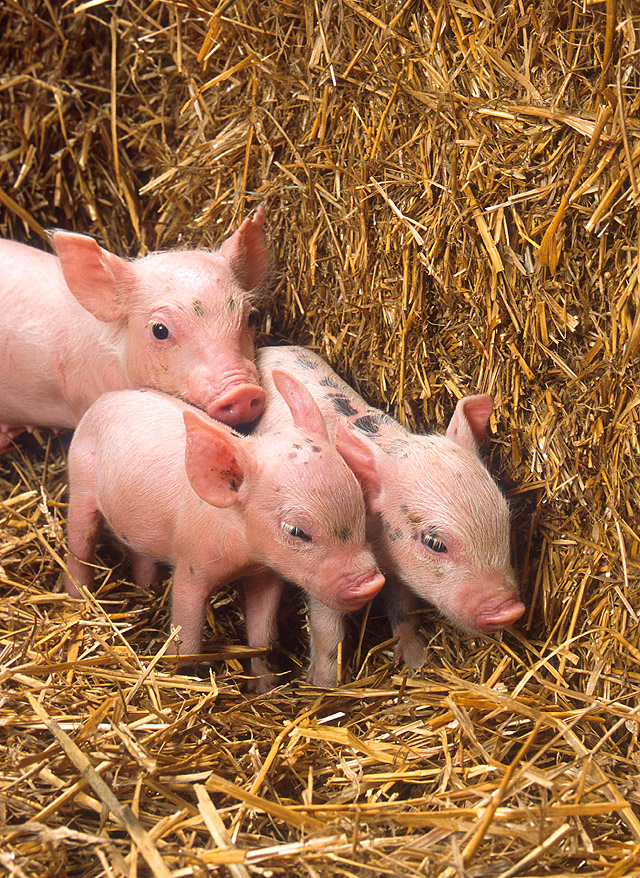 Youth Pork quality Assurance Plus
Youth Pork quality Assurance Plus 
 Youth Pork quality Assurance Plus
Youth Pork quality Assurance Plus 
The Youth Pork Quality Assurance Plus program, or Youth PQA plus, is a program for youth producers to insure quality pork products through proper care and management of the swine. The PQA voulentary educational program was started in 1989. The program was designed to prevent volitile drug residues, such as broken needles, or any chemical residues that may have be contaminating the product. The PQA also helped increase food safety awareness, and to teach proper animal care. for more information check out the PQA website youthPQAplus.org
Why pork quality assurance?
The PQA plus program is composed of two elements Food safety, and animal well being. The food safety portion teaches good practices that minimize any Physical, Chemical, and Biological Hazards that may threaten the consumer. The other portion is dedicated to teaching ways to care for the animals properly including housing, management, nutrition, health, handling, and humane euthanasia. 
Packer requirements
Many packers now require producers to have a PQA plus certification. Some of these are county fairs, state fairs, and other livestock shows
Today's residue levels
Today's residue levels are lower than ever and the Youth PQA program is helping to keep it that way. The Youth PQA helps:
1. Educate producers about drug residues
2. Ensure the wholesomeness of the pork products
3. Promote producer confidence in the well-being of the animals

The importance of quality products
The U.S. produces 948 million pounds of pork in exports alone. That means that we export 948 million pounds of pork products to other countries not including the pork we consume in the United States. Some of the countries we export to include Japan, with 233.3 million pounds, China with 225.9 million pounds, Mexico with 173.3 million pounds, Canada with 88.1 million pounds, and Russia with 87.8 million pounds. and there are still an additional 140 million pounds that is exported to many smaller countries.
Food Safety
 Food safety is one of the largest concerns when it comes to the consumer.
Food safety is one of the largest concerns when it comes to the consumer.
The PQA program helps to teach proper health and safety guidelines. The guidelines help producers learn how to spot common hazards such as chemical problems, such as chemical residues left in tissues of the animal, including microbials. Biological hazards such as Viruses, bacteria, protozoa, mold, or parasites that could cause foodbourne disease.
Good Production Practices
The program teaches 10 Good production practices or Gpp's which include everything from implementing a management plan to medication use and administration and even using (cGMPs)
Record keeping
the program also gives a Youth PQA plus certification, daily observation record, and euthanasia